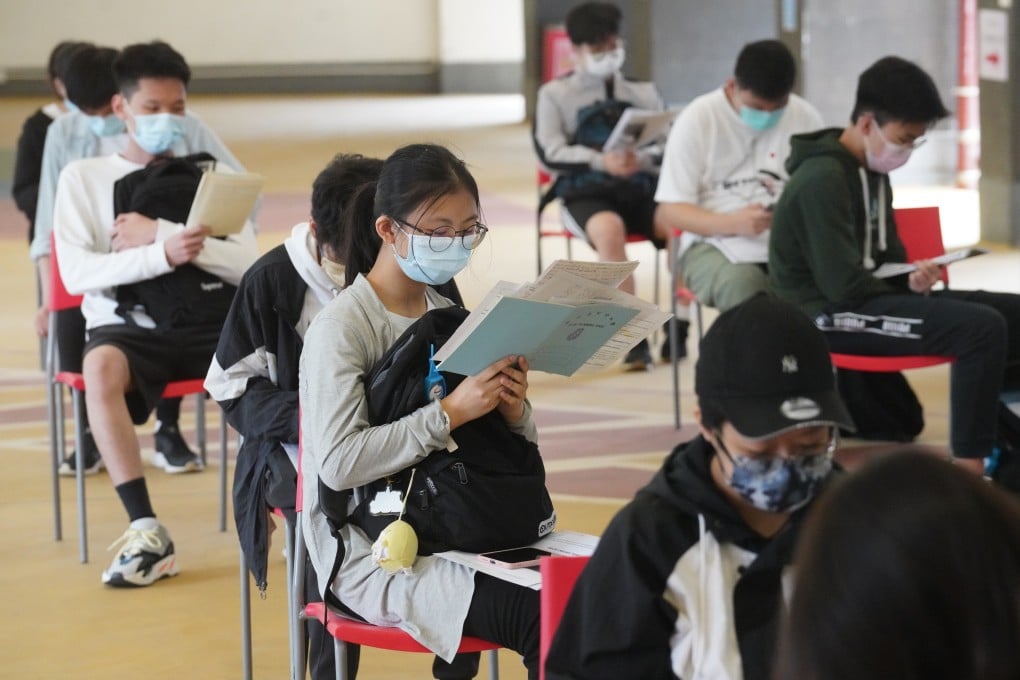Two-thirds of Hong Kong secondary school students say English classes left them unprepared for future
- The current English-language syllabus is not enough to ready most pupils for further study or the job market, a new survey has found
- About 65 per cent of students also say the existing exam-oriented syllabus ‘lacks sufficient connection with real life’

Some two-thirds of respondents in a recent survey of Hong Kong secondary school students said the English they learned in class was not enough to meet the demands of daily life, let alone advanced study or their desired careers.
The survey results, released on Wednesday by the Hong Kong Education Policy Concern Organisation and the Women Teachers’ Organisation, also showed that nearly a third of the pupils believed speaking and writing were the two components they wished they had more training in.
“Many schools are quite exam-oriented in their syllabus,” said veteran English teacher Pauline Chow Lo-sai, chair of the Women Teachers’ Organisation. “Some students, even upon graduation, may need to rely a lot on Chinese subtitles when watching English movies.”
The questionnaires, which were distributed to 1,241 senior students from 10 secondary schools in July before the summer break, asked respondents about their views on the current English-language syllabus and whether they felt it was beneficial in their day-to-day lives.
Only 29 per cent of respondents said they were “confident” or “very confident” that the current syllabus at their schools was enough to equip them for higher education, job seeking, their future careers and their social lives.
Thirty-eight per cent said they “lacked confidence” that the current syllabus was sufficient, while 33 per cent said they had “no confidence at all”.
About 65 per cent of respondents said they believed the English-language syllabus preparing them for university entrance exams “lacked sufficient connection with real life”.
Most of the city’s more than 400 secondary schools use Chinese as their language of instruction, with only about a quarter using English.
